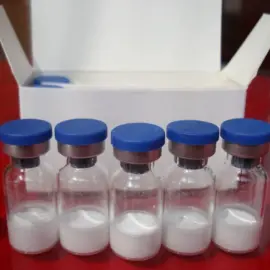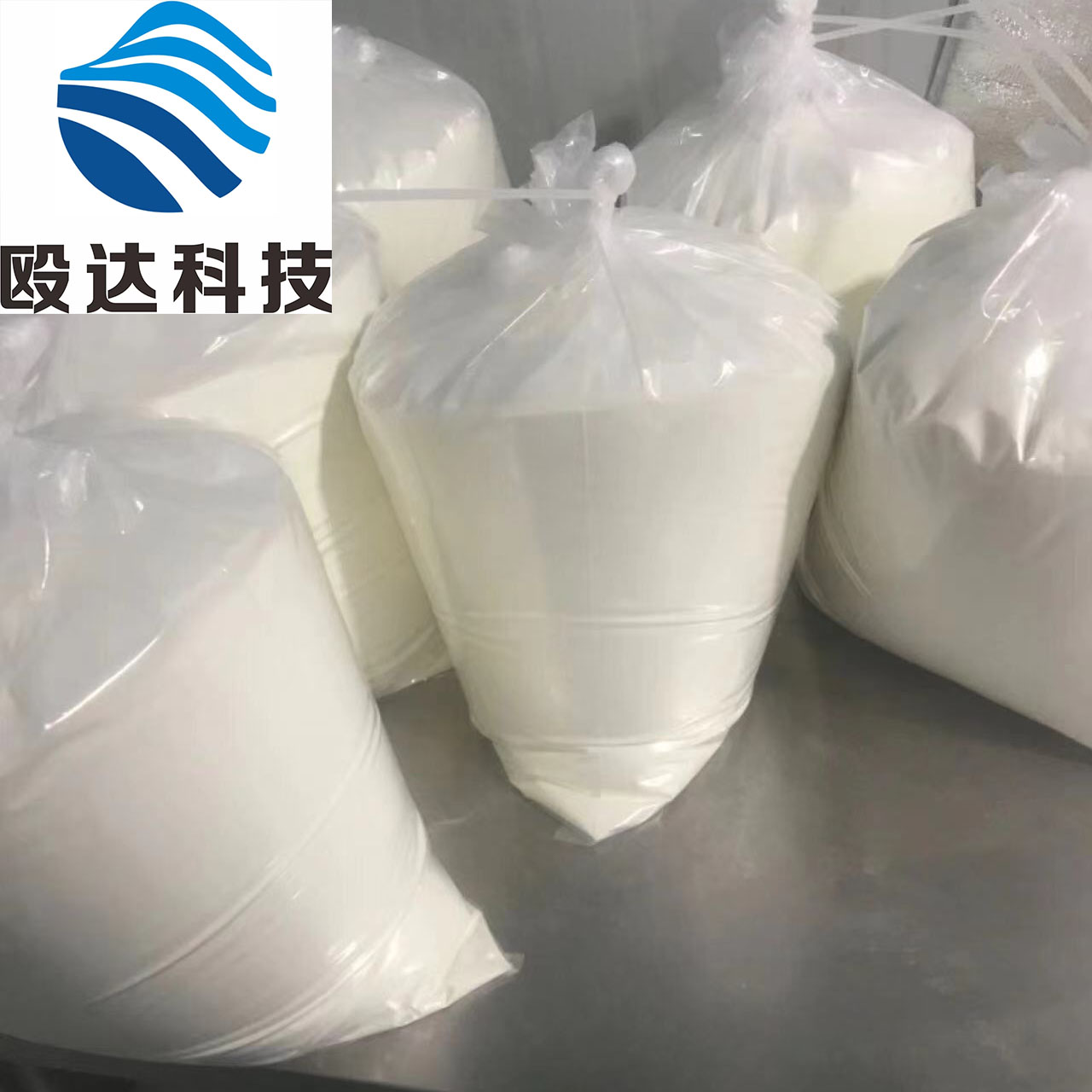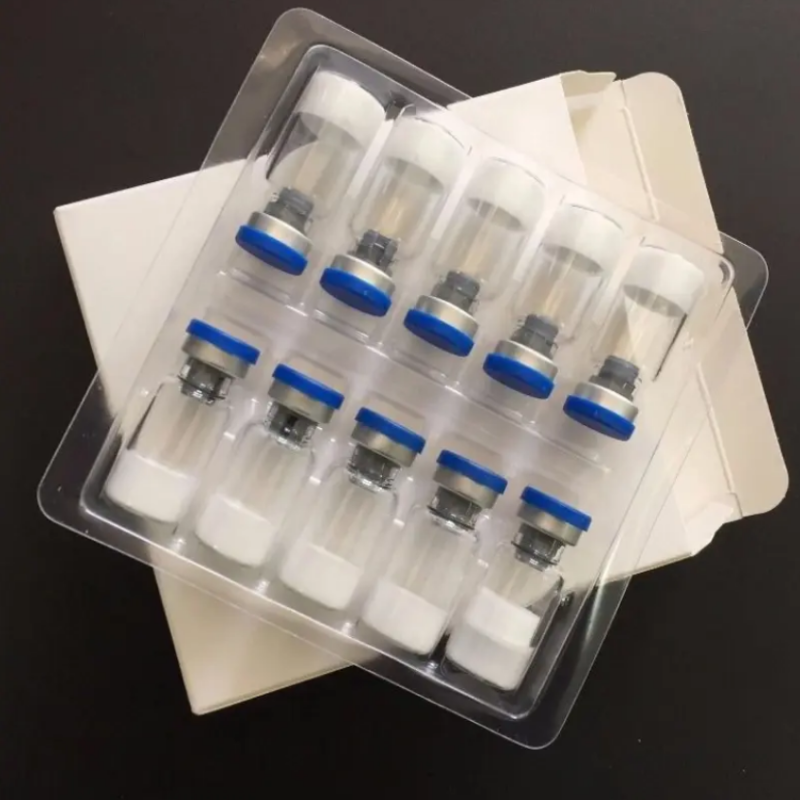-
Categories
-
Pharmaceutical Intermediates
-
Active Pharmaceutical Ingredients
-
Food Additives
- Industrial Coatings
- Agrochemicals
- Dyes and Pigments
- Surfactant
- Flavors and Fragrances
- Chemical Reagents
- Catalyst and Auxiliary
- Natural Products
- Inorganic Chemistry
-
Organic Chemistry
-
Biochemical Engineering
- Analytical Chemistry
-
Cosmetic Ingredient
- Water Treatment Chemical
-
Pharmaceutical Intermediates
Promotion
ECHEMI Mall
Wholesale
Weekly Price
Exhibition
News
-
Trade Service
TGP also called white peony, peony, volume it, food plow, solution cartridge, sweet product, birth, Atractylodes, is the dried root of peony Ranunculaceae, summer, autumn excavation, washed to remove head and tail and fine The roots are boiled in boiling water and then boiled and dried after removing the skin or peeling the skin.
It has the effects of nourishing blood and regulating menstruation, restraining yin and antiperspirant, softening liver and relieving pain, and suppressing liver yang
.
White peony is mainly produced in Zhejiang, Anhui, Sichuan and other places.
Modern pharmacological studies have shown that white peony has anti-inflammatory, hepatoprotective, analgesic, and nourishing pharmacological effects
.
The main physiologically active substances in white peony are the monoterpene glycosides—totalglucosides of paeong (TGP).
1.
Liver protection
White peony is one of the commonly used drugs in the treatment of clinical hepatitis and cirrhosis
.
Radix Paeoniae Rubra has a certain protective effect on the liver.
2.
The effect on the cardiovascular system
TGP and the monomer compound paeoniflorin have a good improvement effect on cardiovascular diseases, which are specifically manifested as anti-myocardial remodeling, anti-myocardial injury, and blood enrichment
.
TGP can resist myocardial remodeling caused by abdominal aorta ligation; it can inhibit the dose-dependence of myocardial cells after myocardial ischemia reperfusion (I/R); it can improve the inflammatory response caused by myocardial I/R; it can alleviate the model dog The degree of myocardial ischemia
The total glucosides of paeony have definite curative effects on myocardial ischemia, hypertension and thrombosis
.
Studies have found that total glucosides of paeony can significantly reduce the expression of endoplasmic reticulum stress factors in rats by regulating reperfusion-related markers and myocardial ischemia, and significantly reduce the rate of myocardial infarction area and cell apoptosis
3.
Analgesia and anti-inflammatory
Studies have shown that different processed products of Radix Paeoniae Alba have analgesic and anti-inflammatory effects.
Among them, the analgesic effect of paeoniflorin is related to its action on adenosine A1 receptor to inhibit H+ activation current
.
Both alcohol extract and water extract of white peony have analgesic effects, and the effect of alcohol extract is stronger than that of water extract, but both are inferior to the aspirin control group
4.
Treatment of neuropsychiatric diseases
Among the secondary metabolites of peony, paeonol has the effect of reducing depression in the tail suspension experiment and forced swimming experiment in mice.
Later experiments have proved that the compound has a significant protective effect on the damage of PC12 cells caused by corticosterone.
This cytoprotective property may be the reason for the reduction of depression symptoms in mice in in vivo experiments, indicating its potential as an antidepressant drug
.
Paeoniflorin and paeoniflorin are the material basis for their antidepressant effects.
Paeonia lactiflora is a kind of traditional Chinese medicine in China.
It is one of the "Eight Zhejiang" medicinal materials
.
At present, a large number of compounds have been extracted from Radix Paeoniae Alba, including monoterpenes and their glycosides, triterpenes and their glycosides, flavonoids, tannins and so on
references:
[1] Ye Xianwen, Xia Lanting, Ren Hongmin, Deng Yaling, Yang Ming, Zhang Jinlian, Chen Xu, Liu Haiping, Zhang Qi.
Research progress on the historical evolution, chemical constituents and pharmacological effects of white peony processing[J].
Chinese Herbal Medicine, 2020, 51( 07):1951-1969.
[2] Wu Lingfang, Wang Xiaoqing, Chen Xiangming, Duan Tianhua, Liu Suyi, Peng Yuzhi, Li Yutong, Niu Liying.
Research progress on the chemical constituents and pharmacological effects of Radix Paeoniae Alba [J].
International Journal of Pharmaceutical Research, 2020, 47(03): 175- 187.
[3] Chen Qi, He Xiangyu, Zhou Manjia, Luo Jiawen, Liao Guanghui, Cheng Rubin.
Research progress in chemical constituents, pharmacological effects and clinical application of Radix Paeoniae Alba [J].
Clinical Medicine Research and Practice, 2021, 6(11): 187-189.
About the author: Xiao Yisha, a food science and technology worker, currently works in a large domestic drug research and development company, engaged in the development and research of nutritious foods and functional foods
.







